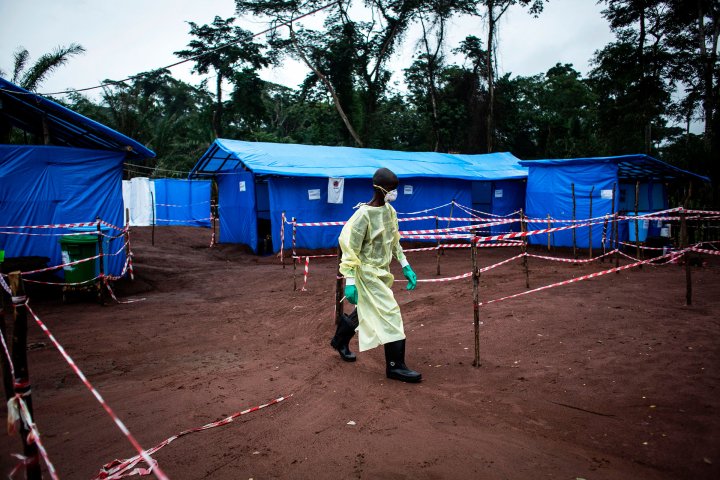At a time when big pharmaceutical companies are more likely to be in the news for high drug prices, Merck is making deadly diseases a priority—and developed life-saving treatments as a result. Take Merck’s Ebola vaccine, for instance. Following the 2014 Ebola epidemic in west Africa—which eventually claimed more than 11,300 lives—it was clear that only a vaccine could contain the future outbreaks. Merck, which built its pharmaceutical reputation around many of the currently required childhood vaccinations, acquired a promising vaccine candidate from researchers in Canada, then took on the daunting task of testing it on 18,000 health care workers and other volunteers. While the vaccine remains experimental for now, the results have been encouraging. It was pressed into service this May, when cases began appearing in the Democratic Republic of Congo (DRC). While the vaccine appears to control the spread of the virus, health officials fear that the outbreak could fester into another widespread epidemic due to ongoing civil conflict that forced the World Health Organization to stop its Ebola efforts in the region for a week. Still, Merck is committed to making the Ebola vaccine available wherever needed. “We do not intend to profit from this vaccine,” says executive vice president Roger Perlmutter. —Alice Park
TIME may receive compensation for some links to products and services on this website. Offers may be subject to change without notice.
